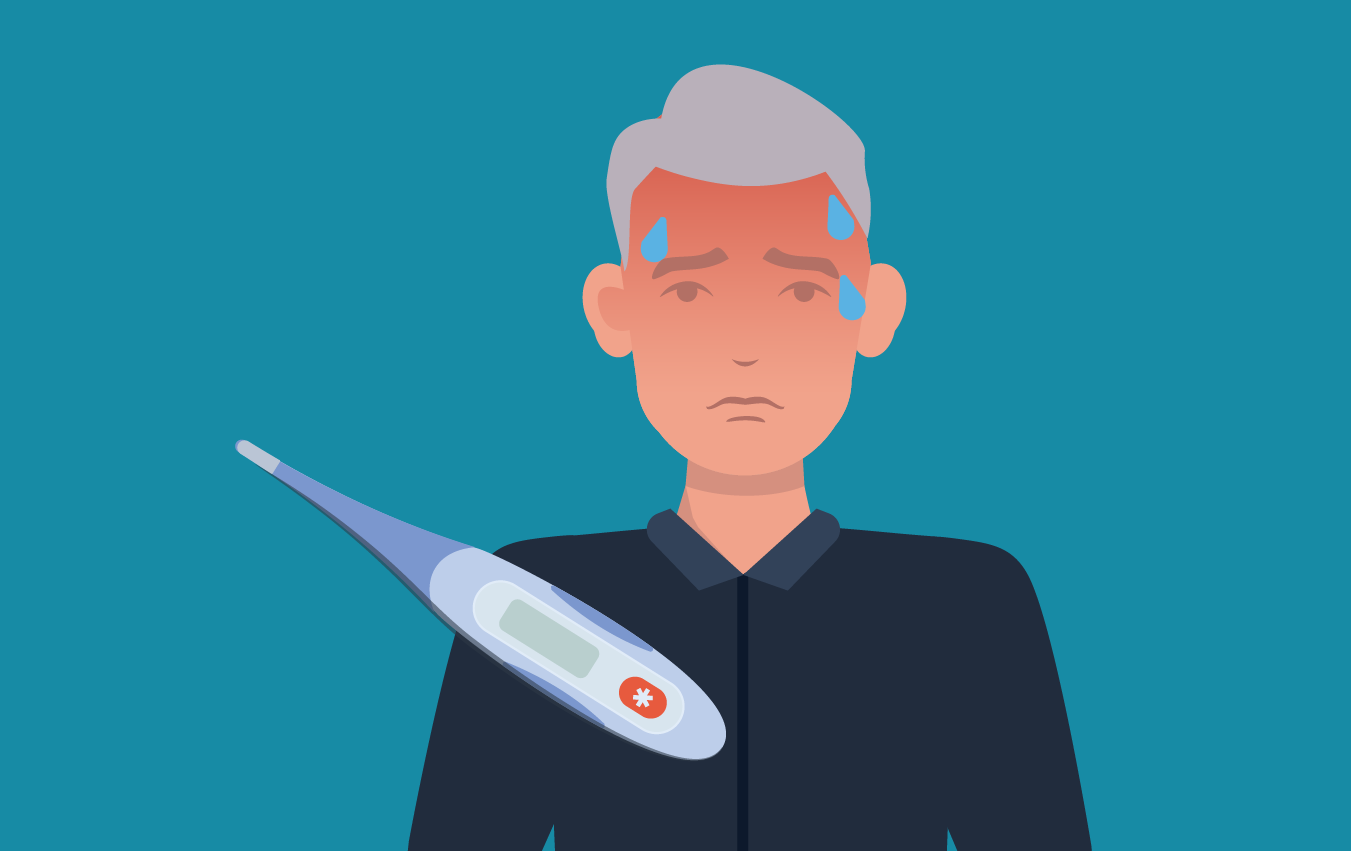Nurse's Office
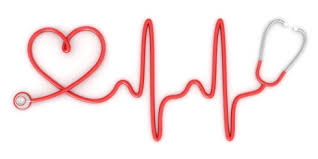
Dannley Griswold -Nurse
Frequently Asked Questions
Regarding Medication
Q: Where can I find Medication Authorization forms?
A: Authorization forms can be found at NBHS nurse's office, NBHS website, or at health care providers office.
Q: Can my child carry his asthma inhaler at school?
A: Yes, students may carry inhalers and Epi-pens (both considered rescue medications) at school if both the parents and physician deem it appropriate. The self administration section of the "Authorization to Administer" form must be completed by the physician and the parent.
Q: What if my Child's Medication or Dosage Changes?
A: Parents/Guardians must inform the school nurse of any medication changes. New medication or different dosages will not be given unless the parent brings the nurse, a completed medication authorization form from the health care provider. The information on the prescription bottle label must match the new health care provider orders.
Q: Why must medication be in the original container?
A: The original container provides information from the manufacturer about over-the-counter medication, including the name of the medication, the proper dose, how the medication should be given, how often the medication can be given, possible side effects, and when the medication is no longer effective (an expiration date.)
Q: May the parent/guardian bring and give medications to their student?
A: Yes, parents/guardians may bring medication to their child at school. Please report to the main office when arriving at school. Student will then be called to the office for parent/guardian to administer medication.
Q: Does the school provide medications?
A: No, the school does not provide medication. Any medication you want your child to have available must be brought to the school by parent/guardian. A "Prescriber Authorization Form" must be completed as well.
Q: What happens to my child's medication at the end of the school year?
A: All medications not picked up by parents by the last day of school will be destroyed. This is Alabama State Law.
Important Covid-19 Information
The Nurse's Office would like to thank our parents for working with us during this pandemic to ensure the health and safety of each student at New Brockton High School.
Please provide good home, cell, and work numbers for parent/guardian and each contact you list for your child. Should your child exhibit any concerning signs or symptoms of illness, they will need to be picked up after being notified by the school nurse.
It is important for parents to monitor their child's health at home. We request for you to take your child's temperature at home before putting them on the bus or dropping them off at school each morning. Please contact the school nurse, if your child is absent from school due to any sickness.
Three Important Ways to Slow the Spread
Wear a mask to protect yourself and others and stop the spread of COVID-19.
Stay at least 6 feet (about 2 arm lengths) from others who don’t live with you.
Avoid crowds. The more people you are in contact with, the more likely you are to be exposed to COVID-19.
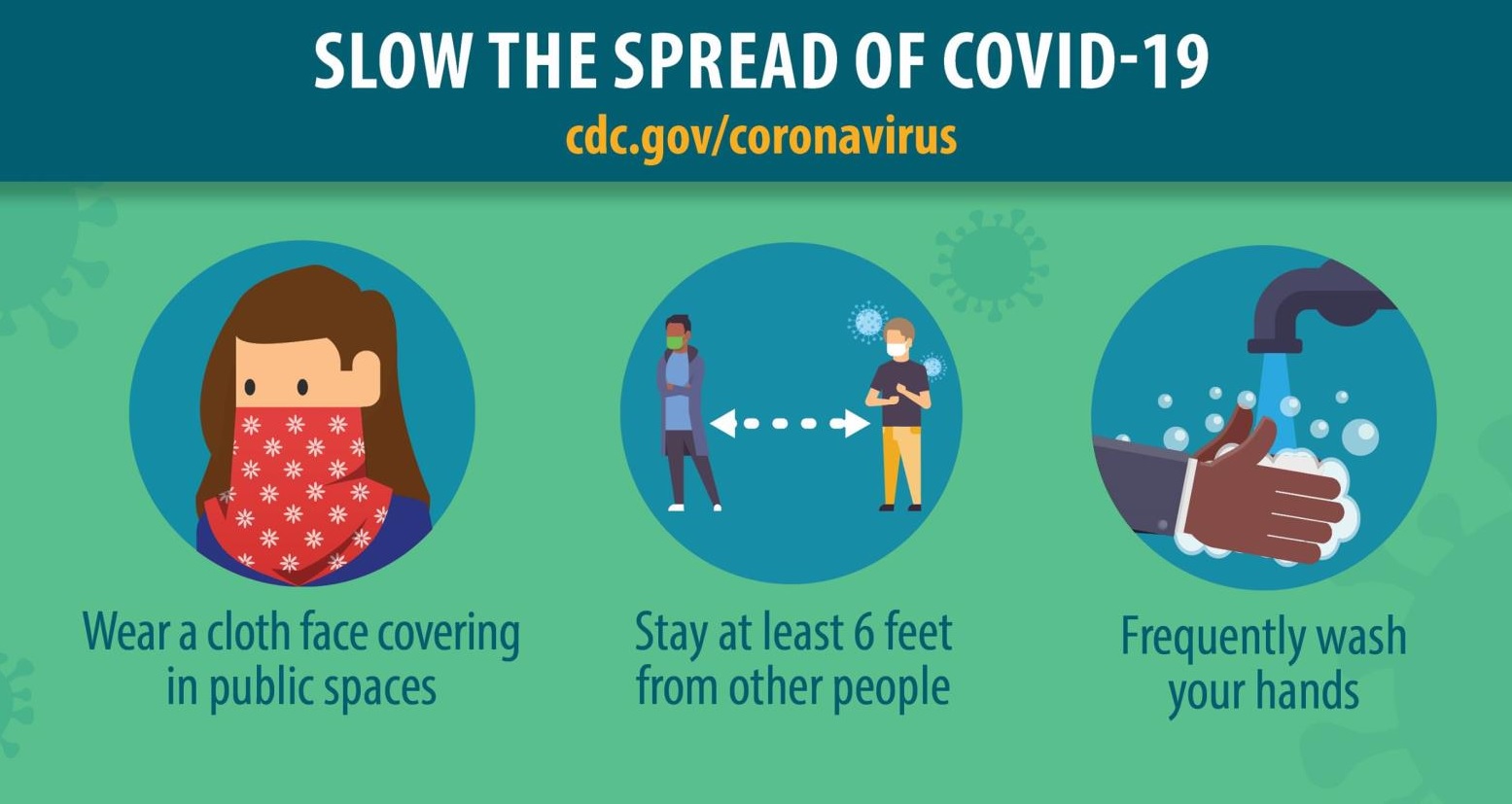
If You are at Risk of Getting Very Sick
People of any age can get COVID-19, even healthy young adults and children.
People who are older or have certain underlying medical conditions are at higher risk of getting very sick from COVID-19.
Other groups may be at higher risk for getting COVID-19 or having more severe illness.
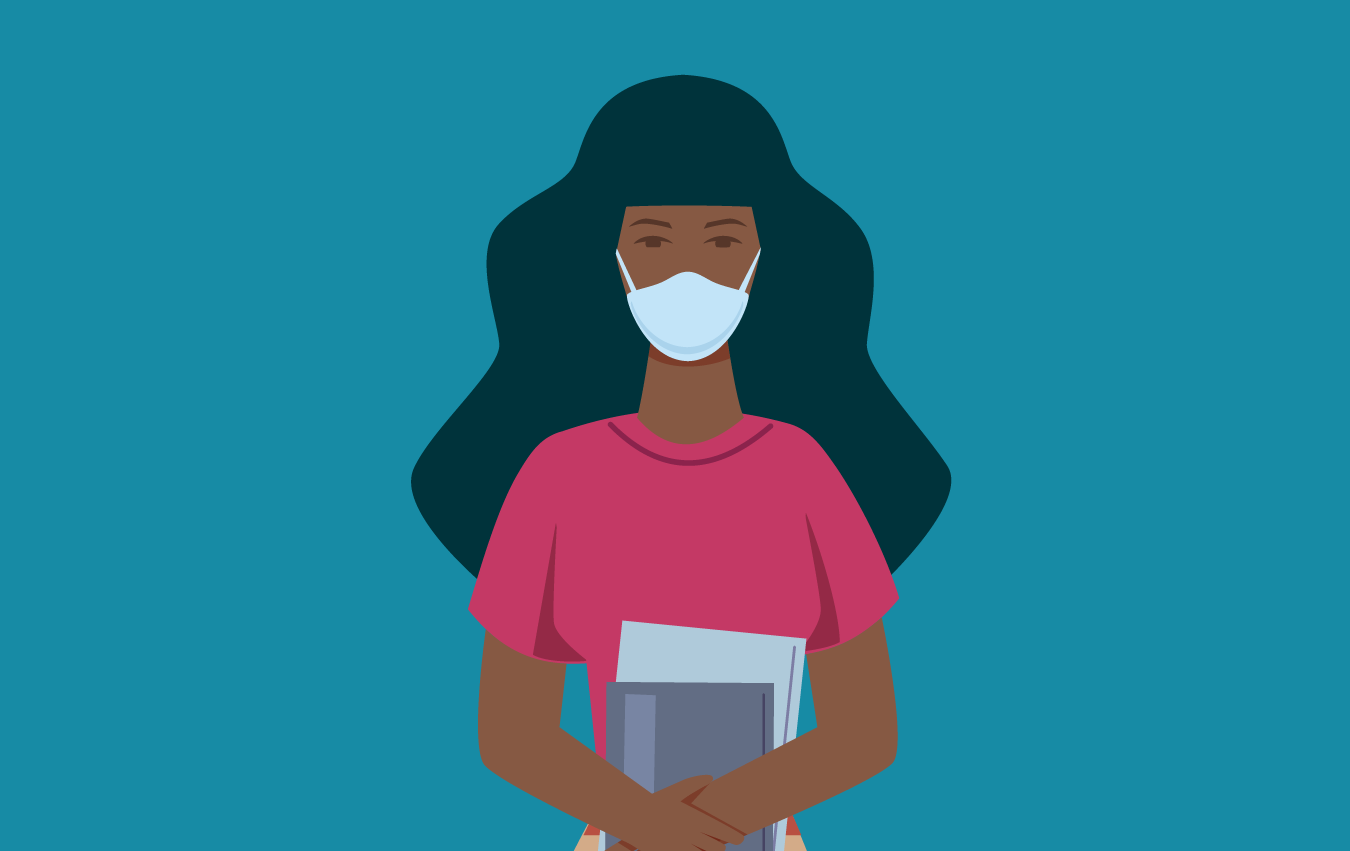
How to Protect Yourself When Going Out
Wear a mask that covers your nose and mouth to help protect yourself and others.
Stay 6 feet apart from others who don’t live with you.
Avoid crowds.
Avoid poorly ventilated indoor spaces.
Wash your hands often with soap and water. Use hand sanitizer if soap and water aren’t available.
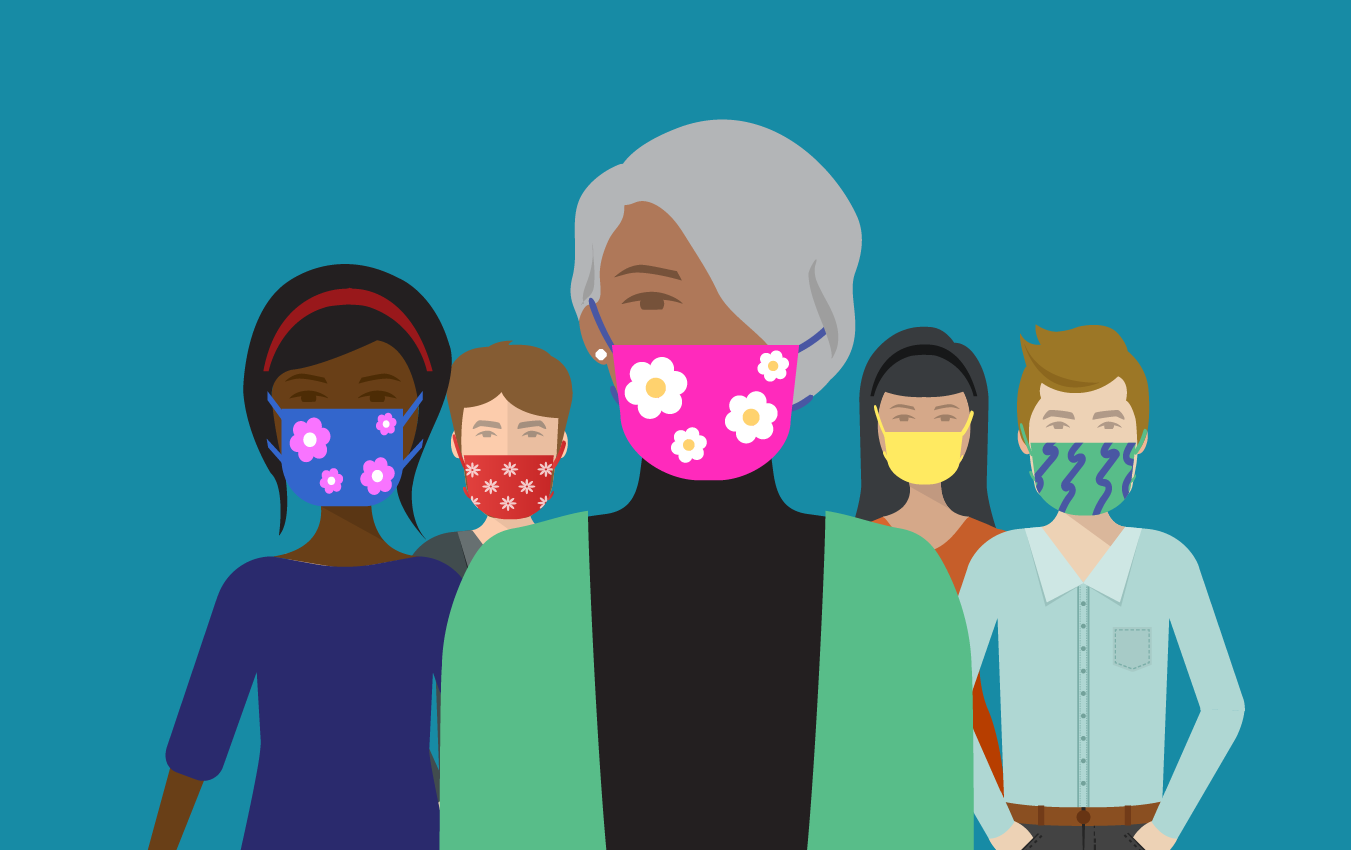
What to Do If You're Sick
Stay home except to get medical care.
Isolate yourself from other members of your family to prevent spread to them and the people that they may have contact with, like grandparents.
Even if you don’t feel sick, you can spread COVID-19 to others.
Get care immediately if you are having emergency warning signs, like trouble breathing, pain or pressure in chest.
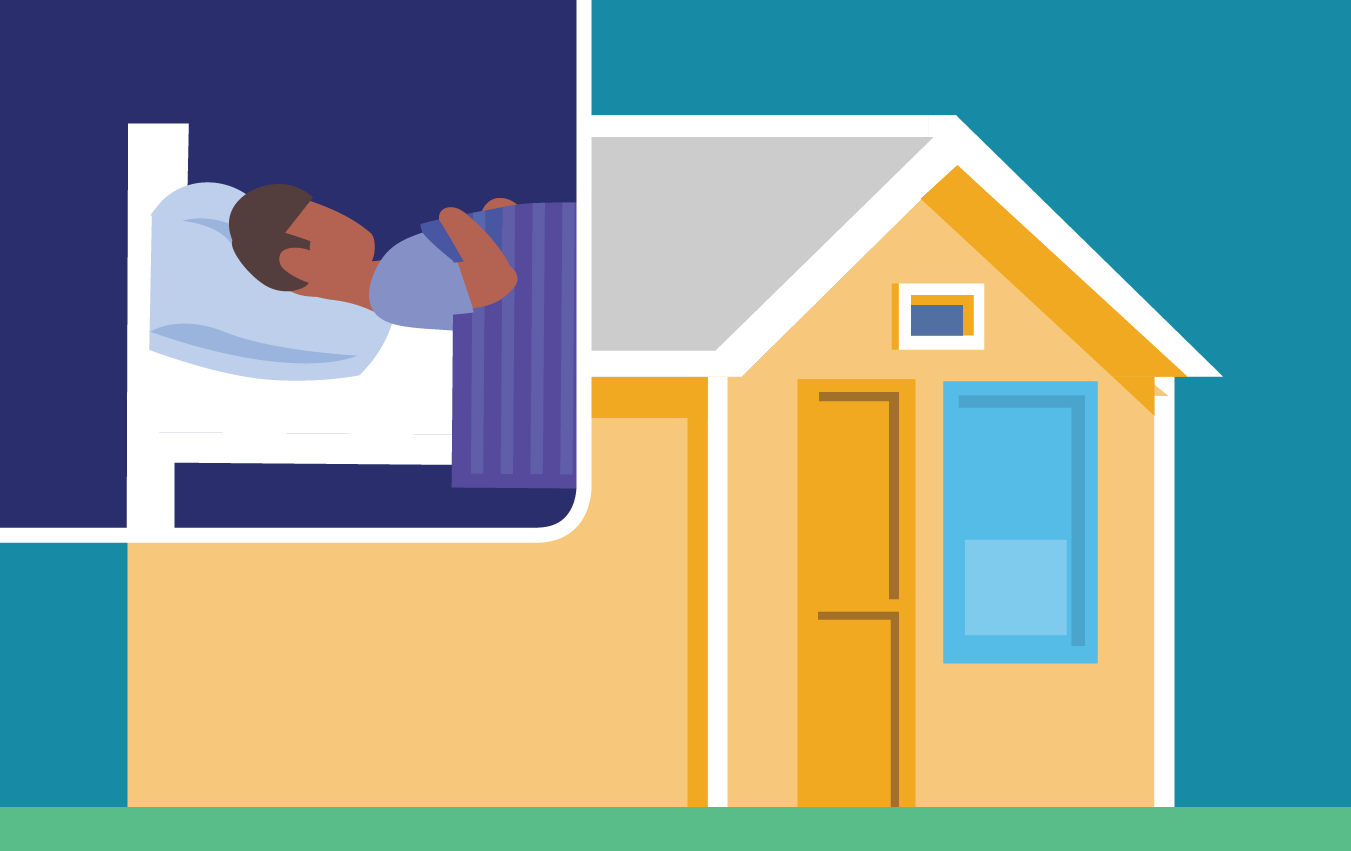
How to Get a Test for Current Infection
You can visit your state or local health department’s website to look for the latest local information on testing.
If you have symptoms of COVID-19 and want to get tested, call your healthcare provider first.
If you have symptoms of COVID-19 and choose to not get tested, it is important to stay home. Find out what to do if you are sick.
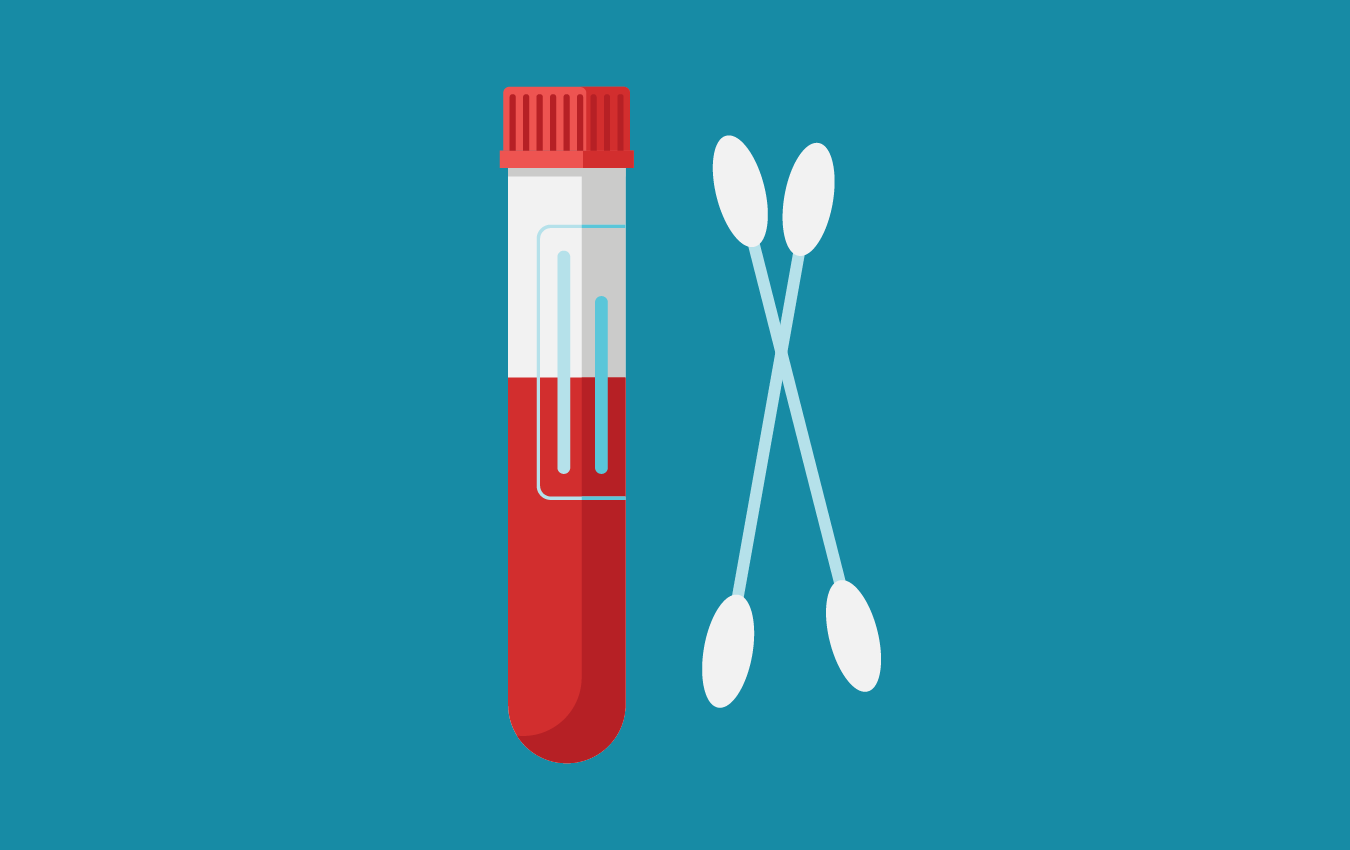
How to Cope with Stress
Care for yourself one small way each day.
Unwind by doing yoga, listening to music, or gardening.
Find new ways to connect with family and friends, get support, and share feelings.
Eat healthy foods and get enough rest.
Relax by reading, listening to music, or starting a new hobby.
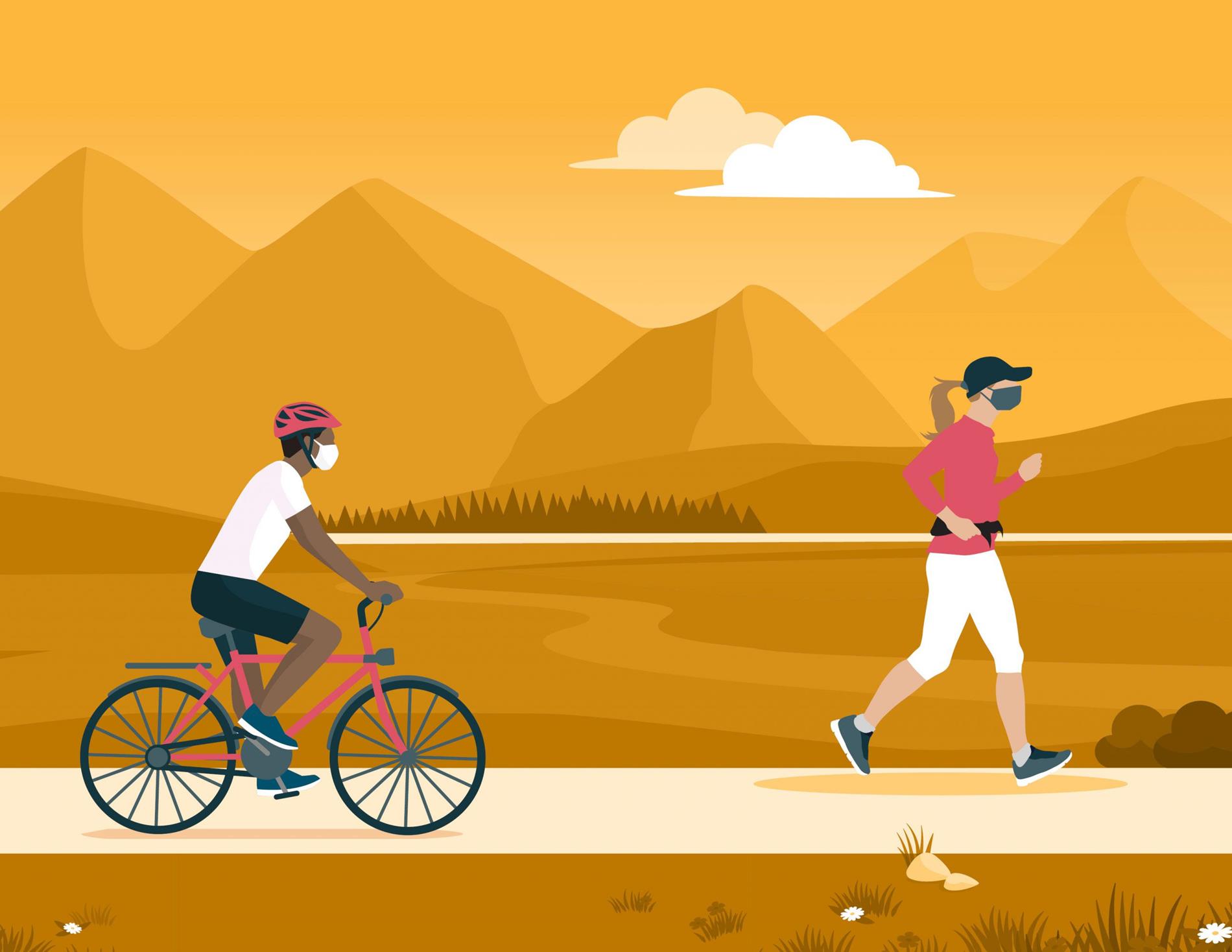
What Symptoms to Watch For
The most common symptoms of COVID-19 are:
- Fever
- Cough
- Headaches
- Fatigue
- Muscle or body aches
- Loss of taste or smell
- Sore throat
- Nausea
- Diarrhea
